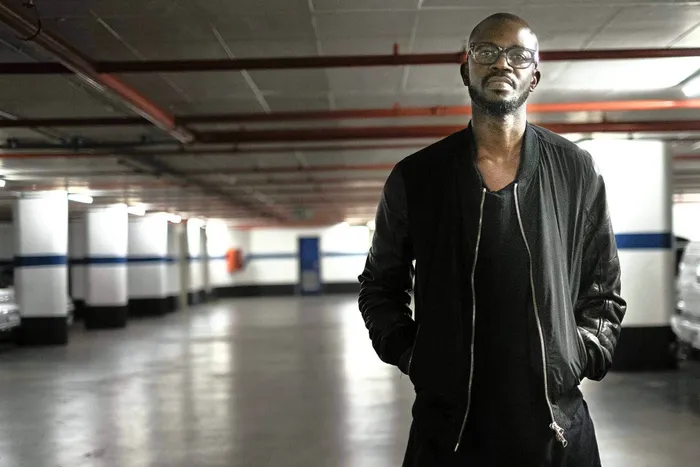Hours after Riky Rick’s passing, fans concerned about Black Coffee’s ‘mental state’

DJ Black Coffee. Picture: Shayne Robinson
DJ Black Coffee just tweeted something that left many of his fans worried.
The message read: “If at this point taking my life will make you happy, go ahead take.”
The tweet has since been deleted.
The tweet was alarming for many fans who were left wondering whether he could be experiencing a new set of problems with mental health. It comes just hours after news broke of local rapper Riky Rick’s untimely passing.
South Africans have learnt to take note of people who may be in a “bad state”.

Suicide in South Africa has long been a concern, with high rates of suicide even before Covid-19, especially among men, who are four times more likely to die by suicide than women.
Depression affects more than 260 million people in the world and around half of all mental health conditions appear by the age of 14. Suicide is the fourth leading cause of death in young people in the 15 – 29 age group.
In 2019, South Africa was ranked 10th among countries with the highest suicide rates. According to the World Health Organisation, every 40 seconds someone in the world commits suicide.
In a previous article on IOL Lifestyle, Dr Mvuyiso Talatala, a board member of the Psychiatry Management Group (PsychMG), explained why suicide seemed to be predominant in men.
Although men attempt suicide less than women, they are more likely to be successful in their attempts than women, he said.
“This is because men are likely to attempt suicide with methods that are more fatal or violent. Men tend to keep firearms and use them for suicide and family homicide. Men are more likely to hang themselves.”
The link between mental illness and suicide
Talatal said mental illness was a risk factor for suicide.
“Illnesses such as depression have suicide as one of their symptoms. Other mental illnesses can be chronic and may lead to depression, hopelessness and suicide. Some of the symptoms of severe depression include feelings of hopelessness and worthlessness.
“Patients with schizophrenia may hear voices commanding them to commit suicide. At times it could be an impulsive act during a period of acute distress in one’s life.”
He said suicidal people can be treated.
“The aim is to manage the underlying illness that is presenting with suicide. This includes psychotherapy and necessary medications. Suicidal patients must be sent to the nearest health professional for acute containment and management of the risk of suicide. A supportive family environment is very useful,” he concluded.
If you have a loved one who is battling with suicidal thoughts, the South African Depression and Anxiety Group (Sadag) has this advice:
A person who is suicidal needs to know you care. Listen to them. Ask questions. Help them discuss their feelings.
Learn all you can about depression.
You might be that person's only source of information. Let them know you care. Remind them that they shouldn't feel ashamed or guilty. Avoid saying things like “snap out of it”. Let them know their feelings are caused by an illness that can be treated.
Invite them out. Realise they might not want to go at first. If they say no, ask them again later, or offer to stay in and spend time with them.
If you are worried they might be suicidal, ask them, and help them get help. A straightforward, caring question about suicide will not cause someone to start having suicidal thoughts. If they are thinking of suicide, don't promise secrecy. Tell someone you trust immediately.
Talk to the person about attending a support group meeting if there is one. It can help them to learn that they are not alone.
Make sure they do not have access to things that can cause injury, like knives, guns, alcohol or drugs.
Do not take responsibility for making your friend or family member well. You are not a therapist.
If the person is in immediate danger, take the person to a hospital or clinic.
Related Topics: